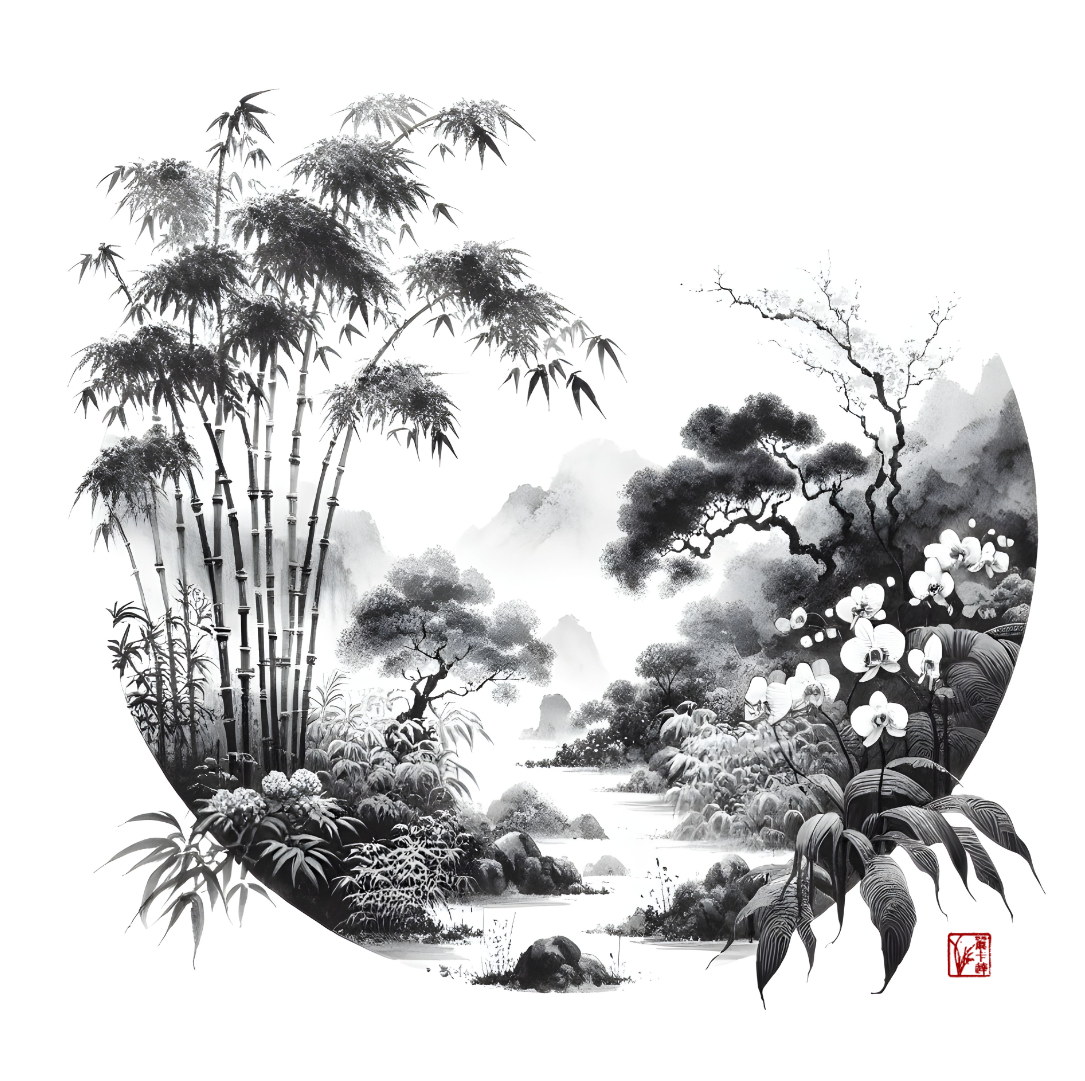Mindfulness Through the Taoist Lens: Embracing Flow and Balance

Mindfulness, often described as the practice of present-moment awareness, finds its deeper roots and richer meaning within Taoist philosophy. At its core, Taoism encourages living in harmony with the natural flow of life – the Tao – which is neither forced nor restrained but gently unfolding in its own rhythm. This perspective shapes a distinctive understanding of mindfulness as more than focused attention; it is an attunement to the ever-changing balance between opposing forces and a surrender to life’s natural processes.
Central to Taoist thought is the concept of yin and yang, representing complementary, interdependent forces in constant motion and transformation. Mindfulness, from a Taoist viewpoint, involves recognizing and embracing this dynamic interplay within ourselves and the world. Instead of striving to control or fix experience, Taoist mindfulness invites an openness to change, acknowledging that every moment holds both activity and stillness, light and shadow. Awareness is thus practiced as flowing with these tensions rather than resisting them.
This approach to mindfulness emphasizes effortless presence, often called wu wei – action through non-action or natural action: or simply action without effort. Rather than forcing concentration or striving to eliminate distractions, wu wei encourages effortless attention that aligns with the Tao’s unfolding. It is the art of gently observing thoughts, emotions, and sensations without attachment, allowing them to rise and fall like waves on a vast ocean. In this way, Taoist mindfulness is less about grasping and more about releasing – cultivating a spaciousness that accepts opposites as part of a seamless whole.
When taken to extremes, any state within mindfulness – such as intense focus or complete relaxation – naturally moves toward its complement, mirroring the yin-yang principle. Excess effort may lead to fatigue and rest becomes necessary; too much passivity can give way to renewed engagement. Taoism teaches that balance is not a static midpoint but a dynamic equilibrium reached through continuous adjustment and flow. Mindfulness, therefore, is an ongoing practice of sensing where this balance lies in the present moment and harmonizing with it.
By grounding mindfulness within Taoist philosophy, this practice transforms into a holistic engagement with life itself. It moves beyond mere awareness, linking inner stillness and outer movement, control and surrender, intention and spontaneity. Mindfulness becomes not only a tool for personal wellbeing but a way to live in accord with the natural cycles that govern existence – honoring the delicate and ever-shifting dance of yin and yang within and around us.



